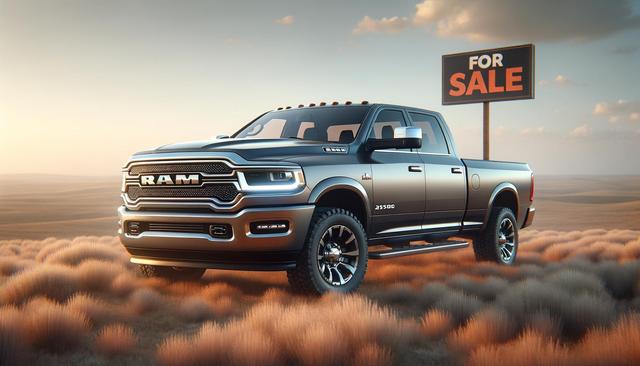Check the Vehicle History Report
One of the first steps when considering a used Honda Civic for sale is reviewing its vehicle history report. This report provides key insights into the car’s past, including accidents, previous owners, service records, and whether it holds a salvage title. A clean report can give peace of mind, while red flags might help you avoid costly repairs later on. Use reputable services to obtain this report using the car’s VIN (Vehicle Identification Number). Look out for:
- Frequent ownership changes
- Accident or flood damage
- Odometer rollbacks
- Maintenance gaps
Reading this report thoroughly helps you understand if the car has been treated well or if it might hide issues that could impact its reliability and value.
Understand the Civic’s Generation and Trim Levels
The Honda Civic has been a popular model for many years, and each generation brings different features, technologies, and design changes. Knowing which generation and trim you’re looking at can influence the car’s price and performance. For example, older models may be more affordable but lack modern safety features or infotainment systems found in newer versions. Common trim levels include base models, performance-oriented editions, and more luxurious variants. Key aspects to consider include:
- The generation year (e.g., 8th, 9th, 10th)
- Transmission type – manual or automatic
- Engine size and fuel efficiency
- Included features like backup cameras, touchscreen displays, and safety aids
Matching your needs with a specific generation and trim helps ensure you get the features you value most.
Inspect the Car’s Mechanical Condition
Even if a used Honda Civic looks great on the outside, its mechanical condition is what truly matters. Conduct a visual inspection first, looking for signs of rust, leaks, or worn tires. Next, take it for a test drive to check how it handles, brakes, and accelerates. Listen for unusual noises, observe the dashboard for warning lights, and assess ride comfort. If possible, have a trusted mechanic perform a pre-purchase inspection. This can reveal:
- Engine and transmission health
- Brake and suspension wear
- Signs of previous repairs or modifications
- Fluid levels and leaks
Investing in a mechanical check can save you from unexpected repair costs and ensure the car is roadworthy.
Evaluate the Price and Compare Listings
Pricing for a used Honda Civic can vary based on the year, mileage, condition, and location. It’s important to compare multiple listings to understand the market value. Use online pricing guides to estimate fair market prices and avoid overpaying. Also consider the total cost of ownership, including insurance, taxes, registration, and potential maintenance. When comparing listings, pay close attention to:
- Mileage versus asking price
- Warranty availability
- Included perks (e.g., recent servicing, new tires)
Being informed about pricing trends helps you negotiate confidently and choose a Civic that fits your budget and expectations.
Review Ownership Costs and Long-Term Value
A used Honda Civic is known for its strong resale value and low maintenance costs, but it’s still important to assess what ownership will look like over time. Factors such as fuel efficiency, reliability ratings, and availability of affordable parts play a role in the Civic’s long-term value. Additionally, you should consider how you’ll use the car—daily commuting, occasional driving, or long-distance travel—and choose a model that fits those needs. Benefits of owning a Civic include:
- High fuel economy for most models
- Widely available replacement parts
- Strong reputation for reliability
- Consistently good resale value
Planning for long-term ownership helps ensure your used Civic remains a cost-effective and dependable choice for years to come.
Conclusion
Buying a used Honda Civic can be a rewarding investment if approached with proper research and care. By checking the vehicle history, understanding the model’s features, inspecting its condition, comparing prices, and evaluating long-term costs, you can make an informed decision that suits both your needs and budget. Whether you’re a first-time buyer or looking for a reliable second vehicle, a well-chosen Civic can offer lasting value and dependable performance.


